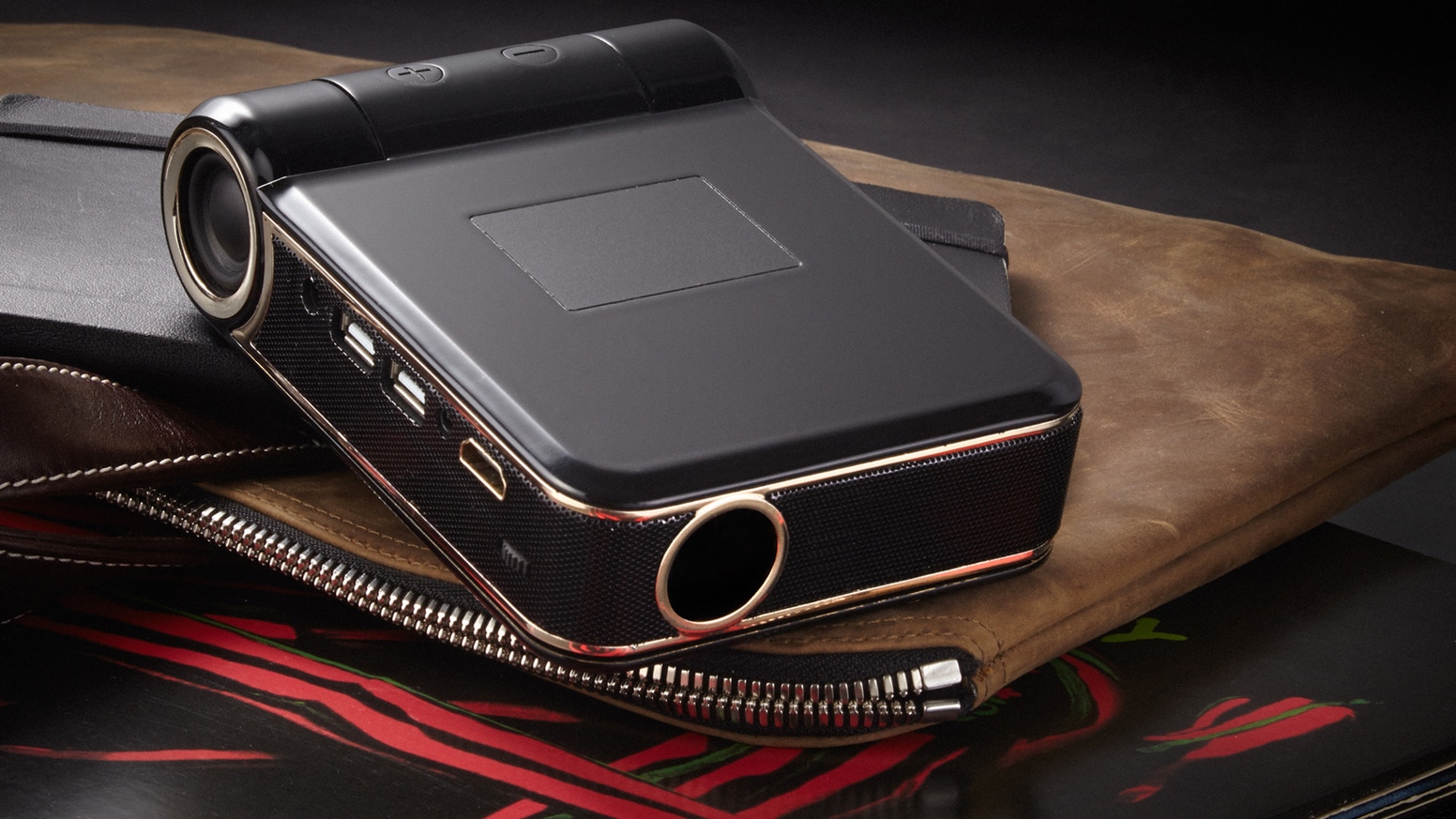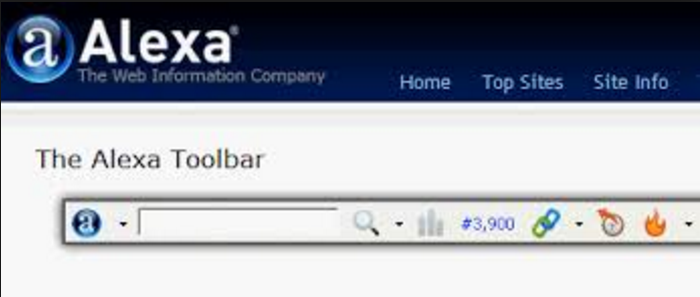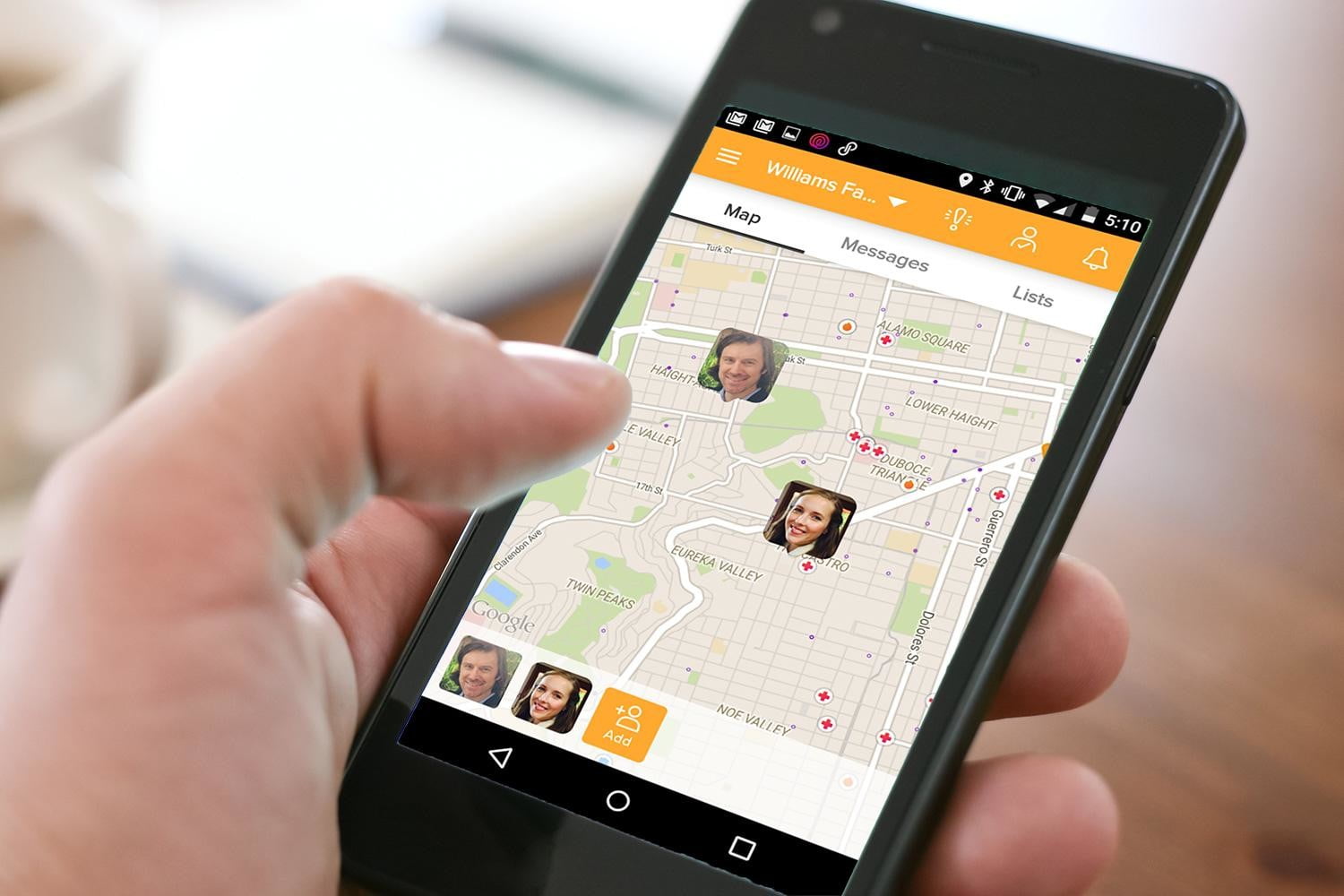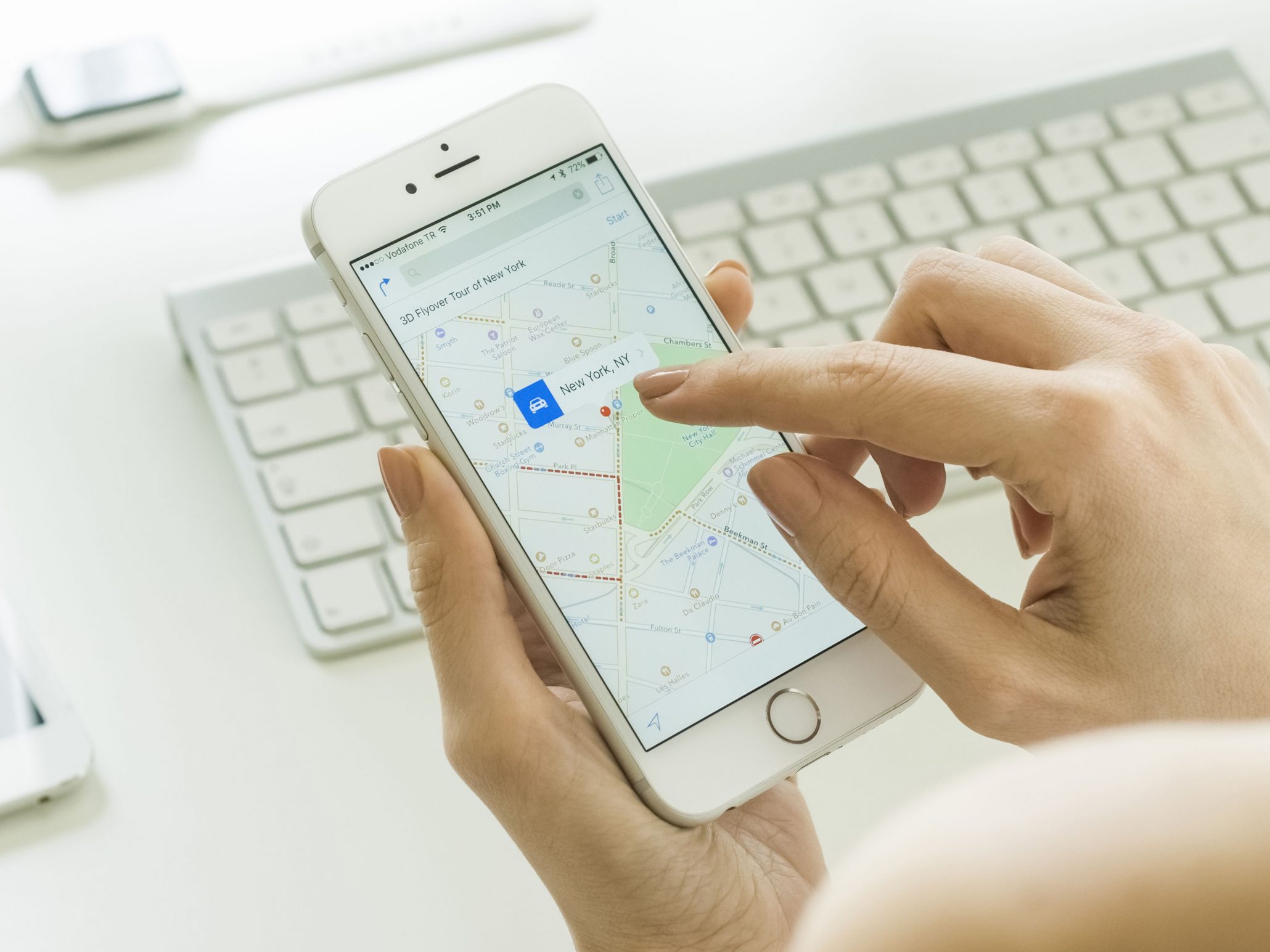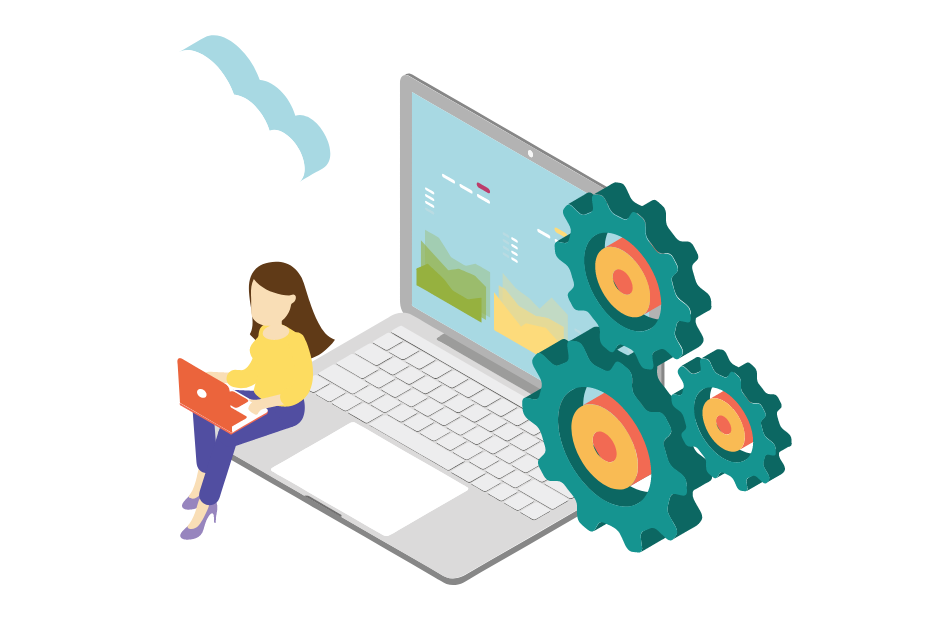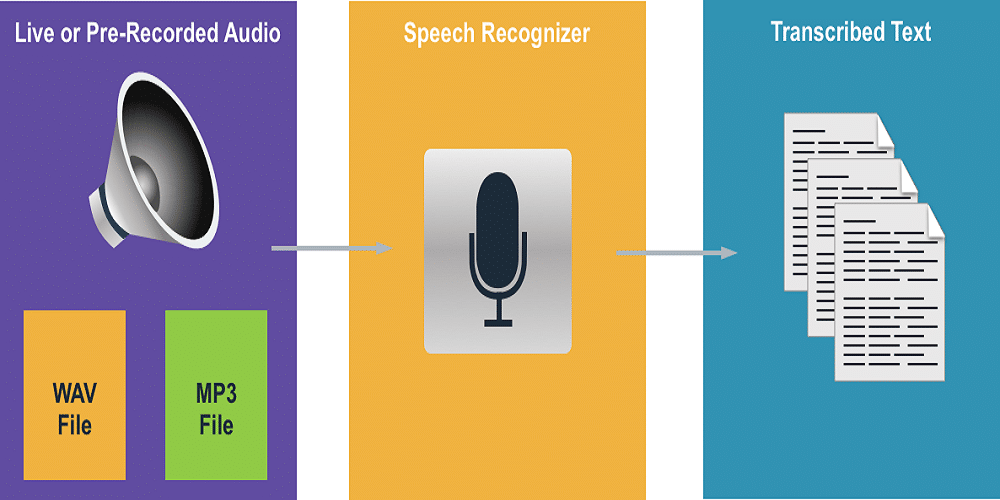If you’re wondering how to clear cache on Android, the process is simple and can greatly enhance your phone’s performance. Cached data is stored to speed up access to apps, but over time, it can slow down your device. This guide will walk you through the steps to clear app cache and system cache effectively, ensuring your device runs smoothly and frees up storage space.
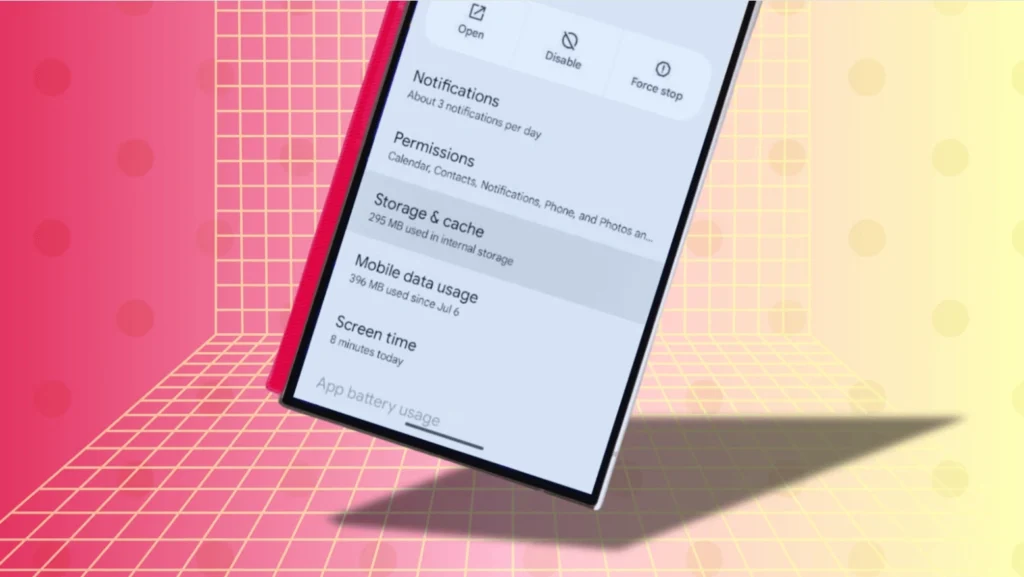
Content
Understanding Cache on Android Devices
Before diving into the steps of clearing cache, it’s essential to understand what cache is and why it’s important. Cache refers to temporary data stored by apps and your mobile’s operating system. When you use an app or visit a website, the system stores certain files to make subsequent actions quicker. Clearing cache on Android can help optimize performance, free up storage space, and resolve app-related issues.
While cache helps in improving user experience, it can accumulate over time and affect device speed and functionality. Thus, clearing it periodically is a good practice.
Why You Should Clear Cache on Android
Clearing cache on Android isn’t just about reclaiming storage space. Here are a few reasons why you should regularly delete app cache Android:
- Improved Performance: Over time, cached files can slow down your device. Clearing them can speed up apps and system operations.
- Free Up Storage: Cached data takes up valuable storage space. By removing it, you can create more room for other important files or apps.
- Fix App Glitches: Sometimes, corrupted cache data can cause apps to freeze or crash. Clearing cache resolves these issues without the need to reinstall apps.
- Enhanced Privacy: Cached data can include sensitive information. Clearing it helps ensure that none of your browsing history or other private data is stored unnecessarily.
How to Clear Cache on Android: Step-by-Step Guide
Clear App Cache on Android
One of the most effective ways to speed up your Android device is by clearing app cache Android. This action removes temporary data stored by individual apps, which can get corrupted or outdated. Here’s how to do it:
- Go to Settings on your Android device.
- Tap on Apps & notifications or Apps (depending on your Android version).
- Select the app whose cache you want to clear.
- Tap on Storage & cache.
- Finally, tap Clear Cache.
By doing this, you’ll only delete the cached data for that specific app, which helps in keeping app-related performance optimal.
Clear Cache in Android Chrome Browser
If you use the Chrome browser on your Android device, clearing its cache can resolve issues like slow loading times or outdated page data. Here’s how you can clear cache Android Chrome:
- Open the Chrome app on your Android device.
- Tap on the three dots in the top-right corner.
- Select Settings from the dropdown menu.
- Scroll down and tap Privacy.
- Tap Clear browsing data.
- Choose Cached images and files and select the time range.
- Finally, tap Clear data.
This process will remove temporary files, which can help improve your browser’s performance and free up space.
Clear Cache for All Apps at Once
If you’d like to clear cache Android for all apps at once (a more sweeping method), you can do so without using third-party apps. Here’s how:
- Go to Settings on your device.
- Tap on Storage or Device care.
- Select Storage again, and tap Cached data.
- A pop-up will appear asking you if you’re sure about clearing all cached data. Confirm by tapping OK.
This option is convenient if you want to quickly remove all cached data on your device, but it will affect all apps, not just one.
How to Clear System Cache via Recovery Mode
If your device is facing performance issues or you’re looking for a more advanced method to clear cache, you can clear cache Android recovery mode. This method clears the system cache partition, which is different from app-specific cache. Here’s how to do it:
- Turn off your device.
- Press and hold the Volume Up button and the Power button simultaneously.
- Once the logo appears, release both buttons.
- Use the Volume Down button to navigate to Wipe cache partition and select it with the Power button.
- Confirm the action and let the device clear the system cache.
- Once done, select Reboot system now.
Clearing the system cache can help fix issues with system performance or app crashes that don’t resolve through normal methods.
How to Clear Cache on Samsung Devices
Samsung smartphones often have a slightly different method for clearing cache. If you’re using a Samsung device, follow these steps to clear cache on Samsung phone:
- Open Settings.
- Tap Apps.
- Find and tap the app whose cache you wish to clear.
- Tap Storage.
- Tap Clear Cache.
For a more general method on Samsung devices:
- Go to Settings.
- Tap Device Care.
- Select Storage and then tap Clean Now.
This helps clear cached files across the system and apps on Samsung devices.
How to Clear Cache without Deleting Data
Many users are concerned that clearing cache will delete important data, such as app settings, preferences, or saved logins. However, when you clear cache, it only removes temporary files, not personal data or app settings. Here’s how to clear cache on Android without deleting data:
- Go to Settings > Apps.
- Choose the app whose cache you want to clear.
- Tap Storage > Clear Cache.
This ensures you won’t lose app data, but it will free up space and potentially fix any issues caused by corrupted cache.
Best Cache Cleaner Apps for Android
If you’d prefer to automate the cache-cleaning process, you can use a cache cleaner app. These apps help identify and remove unnecessary cached files and other junk. Some popular options include:
- CCleaner: A reliable app that removes cached data, logs, and residual files to improve performance.
- Files by Google: Google’s own app for managing storage, which includes a cache cleaning feature.
- Clean Master: A well-known Android cleaner that helps free up space and speed up your phone.
While third-party cleaner apps can be useful, always make sure to read reviews and check permissions to ensure the app is safe to use.
How Often Should You Clear Cache on Android?
Clearing cache too often may not be necessary, but it can be beneficial in certain situations. If you’re noticing your device is running slow or you have limited storage, it’s a good idea to clear cache periodically. A general recommendation is to clear cache Android once every few weeks, but this will depend on how frequently you use apps and how much storage your device has.
Conclusion
Clearing cache on Android is an essential maintenance task that can significantly improve your device’s performance, free up space, and resolve app-related issues. By following the steps outlined above, you can easily manage cached data, whether you want to clear app cache Android, system cache, or do a more comprehensive cleanup using recovery mode.
Frequently Asked Questions about Clearing Cache on Android
Will clearing cache delete my photos or messages?
No, clearing cache only removes temporary files. Your photos, messages, and other personal data are safe.
Can clearing cache speed up my phone?
Yes, if your phone is running slow due to accumulated cache, clearing it can improve performance by freeing up space and reducing background clutter.
Is it safe to clear cache regularly?
Yes, it’s perfectly safe to clear cache on Android. It’s a simple maintenance task that helps ensure smooth performance and optimizes storage.

I’m Kelly Hood! I blog about tech, how to use it, and what you should know. I love spending time with my family and sharing stories of the day with them.




